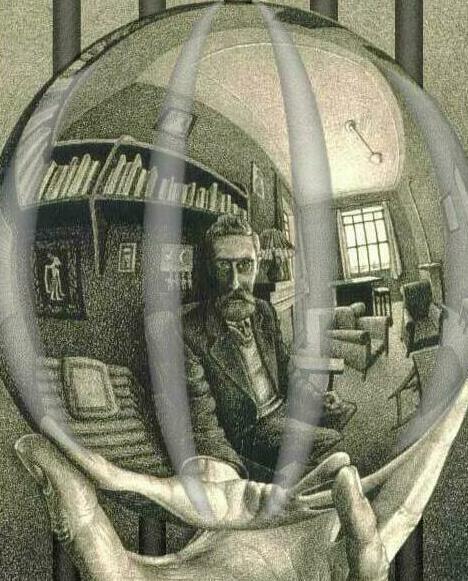THE PRISONER
Each morning I turn on my computer to see what’s happened in the world while I’ve slept. Sometimes what I read is so horrifying or so preposterous, I’m uncertain whether or not I am awake or locked in a nightmare. I am shocked to read that someone has burned the Quran and that others have killed innocent people because of it. I am shocked by the violence of the righteous and by the behavior of dictators who use the ballot box to win an election only to throw it away once they’ve achieved their ambition. I am sick to my soul with platitudes about kindness to children when the world makes them the primary victims of poverty, abuse and war.
On such days my thoughts turn to “The Bet,” a short story by Anton Chekhov written in 1921 which is, in my opinion, one of the greatest works of literature anywhere in the world. The story is a simple one. Two men debate whether the death penalty or life in prison is the greater punishment. By the end of the night the younger man has made a wager with the older one, a banker, for a considerable amount. The bet requires the young man to stay in solitary confinement for five years. If he accepts, he may have anything he wishes while in his prison, except the newspaper and any form of human contact. Guards will bring him his meals but they will do so in a manner which leaves them invisible.
The young man, impetuous and certain of his position that prison is no hardship, boasts he will endure 15 years rather than five. The banker accepts the revised term and the wager begins.

(courtesy: FreakingNews.com)
The years pass and the young man spends his time reading copiously from the works of science, theology, history and literature. He even teaches himself several languages. The banker, however, grows old and becomes foolish with his money. At the end of 15 years, he is on the verge of bankruptcy. To pay the wager that is soon due will leave him penniless. He decides to murder his prisoner on the eve freedom and to arrange the evidence in a way that will point to a guard as perpetrator of the crime. But when the banker enters the cell, he finds the younger man, now in his mid years, sleeping. On the table beside him is a letter of farewell. It reveals his plan to forfeit the bet and leave his cell 5 hours before he is due to be set free. The banker dissolves into tears, his soul tattered by his guilt.
Why does the younger man forego the money? Because he has come to see that the sum of human culture is misguided and cruel. In his 15 years of silence and solitude, he has discovered his inner core — the soul that resides in each of us, a mute prisoner that is enormously wise though its message is seldom heard. The danger of being too much in the world is to disconnect from ourselves and that inner wisdom.